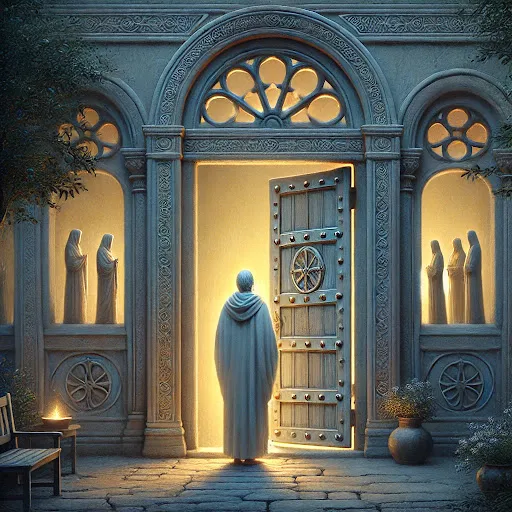There was always a door. Not wide, not narrow — simply there, as doors tend to be. People filed through it in decent clothes and decent thoughts, offering each other smiles approved by custom and time. I watched from a few paces off, not out of defiance, but because something in me paused.
They said I could enter, if I wished. It would only cost a nod, a small silence, a looking away. Nothing dramatic. Just enough to fit in. Just enough to be invited to the right tables and clapped on the back by the right hands.
But there were others — figures without names, without ease, the sort who carry their whole lives in their eyes. They were not welcome. Not at that table. Not beyond that door. And I, for reasons I could never quite translate into speech, could not leave them behind.
So I stayed outside.
Not with banners, not with noise — only with presence.
They say one must choose: to be included by excluding, or excluded by including. I made my peace with the latter. It is quieter here, yes. Colder, sometimes. But the silence is honest. And in that honesty, I feel closer to something that might one day be called truth.
If grace exists — and I believe it does — it passes more often through broken hands than polished ones. And so I walk, not alone, but with those for whom no seat was set.


Comments
Post a Comment